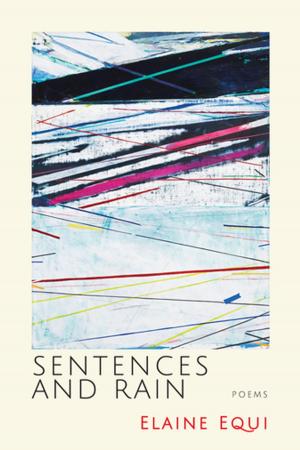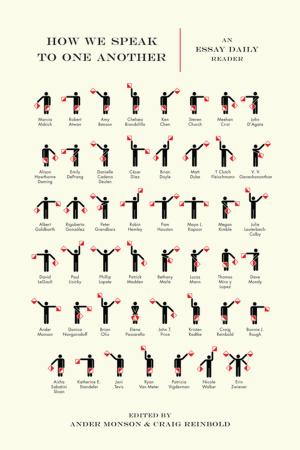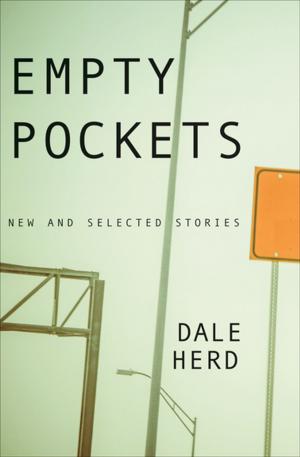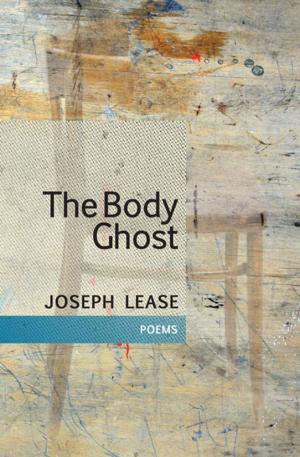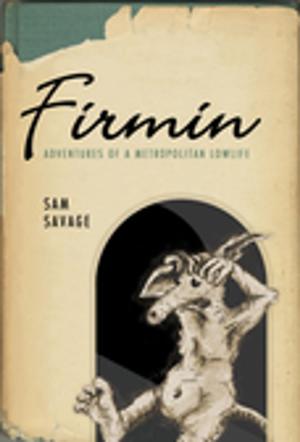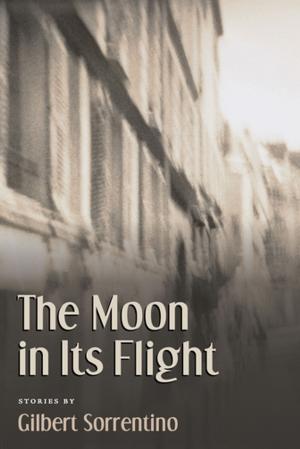| Author: | Sam Savage | ISBN: | 9781566893800 |
| Publisher: | Coffee House Press | Publication: | October 20, 2014 |
| Imprint: | Coffee House Press | Language: | English |
| Author: | Sam Savage |
| ISBN: | 9781566893800 |
| Publisher: | Coffee House Press |
| Publication: | October 20, 2014 |
| Imprint: | Coffee House Press |
| Language: | English |
A slim but powerful poetic novel that tells the expansive story of a Southern woman’s memories of her mother and a vanishing world.
It Will End With Us is Sam Savage’s latest deep dive into the mind and voice of a character, and his most personal work yet. With the raw materials of language and remembrance, Eve builds a memorial to the mother who raised her, emotionally abandoned her, and shaped her in her own image.
Eve’s memories summon a childhood in rural South Carolina, a decaying house on impoverished soil, and an insular society succumbing to the influences of a wider world. “A wonderful, absorbing novel” (Atlantic Monthly) sculpted out of an “aphoristic scattering of memories—one- and two-sentence stand-alones that spill isolated down the page like little gems . . . showing us how memory works and how we make sense of our lives, drip by drip and sensation by sensation” (Library Journal).
It Will End With Us is a portrait of a place full of hummingbirds and wild irises, but also of frustration and grief. It is the story of a family tragedy, provoked by a mother’s stifled ambitions, and seized by the wide-open gaze of a child. Rarely has a novel so brief taken on so much, so powerfully.
“Reading the novel can feel like admiring dewdrops on a spider’s web, each paragraph and sentence glittering exquisitely. . . . Savage’s is a book of the heart as much as the head. Which is itself an accomplishment of no small note: to recognize the arbitrary, degraded thing that is memory, and allow it its loveliness for all of that.” —The New York Times Sunday Book Review
“To call the book a novel, however, fails to acknowledge the poetry in its form.” —Carolina Quarterly
“A novel written in a most unusual way: a series of brief paragraphs which sometimes read like diary entries, other times like descriptions from a book of recollections. The mosaic effect is enhanced by the author’s skillful use of language, his vivid, poetically-charged prose style.” —Lively Arts
A slim but powerful poetic novel that tells the expansive story of a Southern woman’s memories of her mother and a vanishing world.
It Will End With Us is Sam Savage’s latest deep dive into the mind and voice of a character, and his most personal work yet. With the raw materials of language and remembrance, Eve builds a memorial to the mother who raised her, emotionally abandoned her, and shaped her in her own image.
Eve’s memories summon a childhood in rural South Carolina, a decaying house on impoverished soil, and an insular society succumbing to the influences of a wider world. “A wonderful, absorbing novel” (Atlantic Monthly) sculpted out of an “aphoristic scattering of memories—one- and two-sentence stand-alones that spill isolated down the page like little gems . . . showing us how memory works and how we make sense of our lives, drip by drip and sensation by sensation” (Library Journal).
It Will End With Us is a portrait of a place full of hummingbirds and wild irises, but also of frustration and grief. It is the story of a family tragedy, provoked by a mother’s stifled ambitions, and seized by the wide-open gaze of a child. Rarely has a novel so brief taken on so much, so powerfully.
“Reading the novel can feel like admiring dewdrops on a spider’s web, each paragraph and sentence glittering exquisitely. . . . Savage’s is a book of the heart as much as the head. Which is itself an accomplishment of no small note: to recognize the arbitrary, degraded thing that is memory, and allow it its loveliness for all of that.” —The New York Times Sunday Book Review
“To call the book a novel, however, fails to acknowledge the poetry in its form.” —Carolina Quarterly
“A novel written in a most unusual way: a series of brief paragraphs which sometimes read like diary entries, other times like descriptions from a book of recollections. The mosaic effect is enhanced by the author’s skillful use of language, his vivid, poetically-charged prose style.” —Lively Arts





